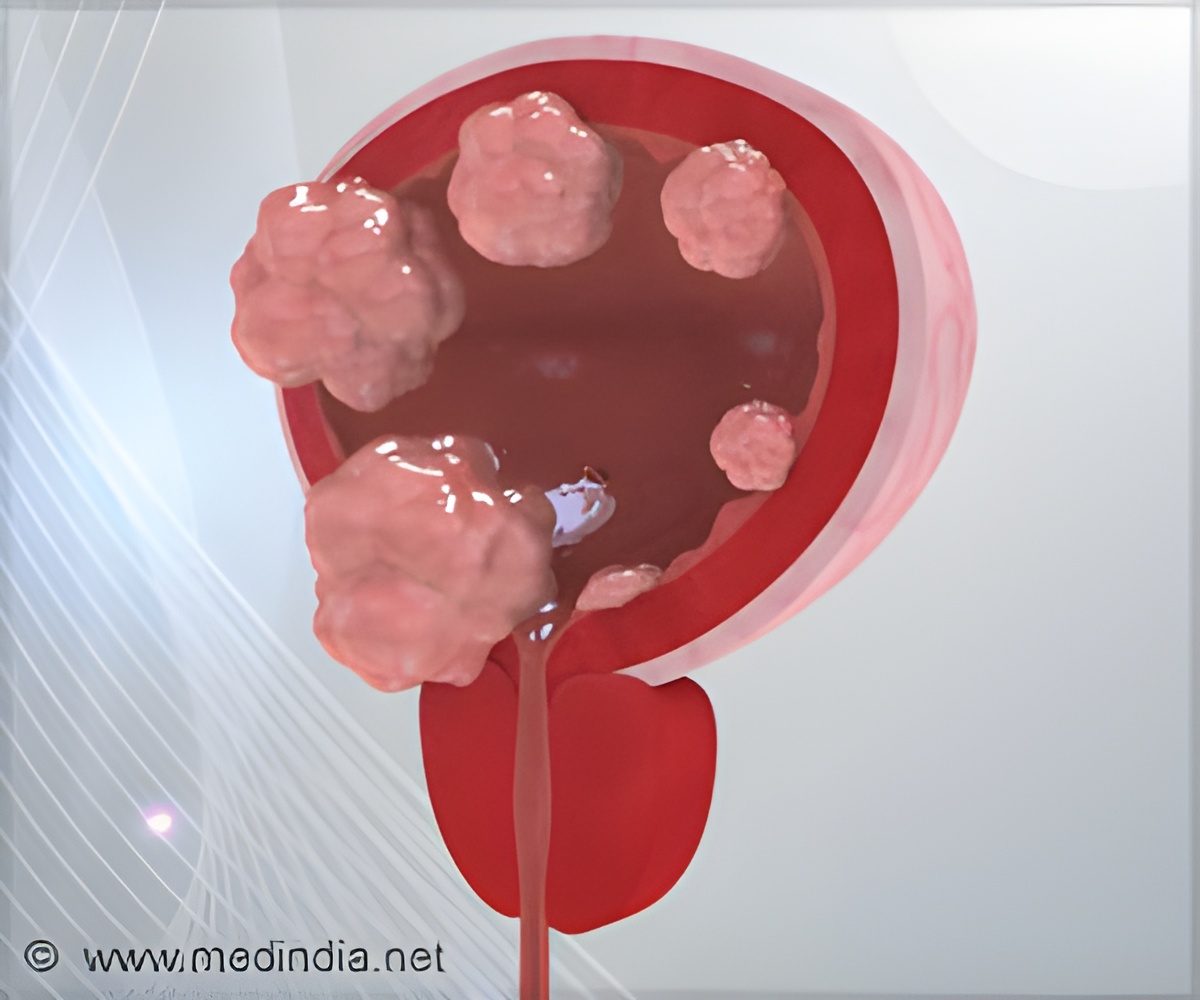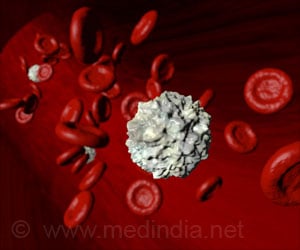Targeted therapy in the form of fibroblast growth factor receptor (FGFR) inhibitor named Erdafitinib gains FDA approval based on 40% response rate in MD Anderson-led Phase II trial.

TOP INSIGHT
Patients with advanced metastatic bladder cancer with FGFR3 mutations who are seeking alternative therapies, could benefit from the first oral targeted therapy in the form of Erdafitinib.
Read More..
"Patients have been in desperate need for alternative strategies, especially when a large number of patients cannot tolerate the current standards of care," said Siefker-Radtke. "We were very gratified to see a 40% response rate in patients treated on this clinical trial. Not only did it work well in patients with lymph node metastases, but also in patients with high volume and very aggressive disease."
Standard of care for these cancers is cisplatin-based chemotherapy, an aggressive regimen with significant side effects, and this has largely remained unchanged for several decades, explained Siefker-Radtke. Recently, immune checkpoint inhibitors have been approved for the treatment of advanced bladder cancer, but only 15 to 20% of patients see any benefit from these therapies, she said.
"I noticed that I wasn't seeing a great response to immune checkpoint inhibitors in my patients with FGFR3 mutations, which led me to wonder whether this would reflect a group of patients with an unmet need," said Siefker-Radtke. "When we heard about novel agents targeting this pathway, I became quite interested in exploring them in our bladder cancer patients."
Mutations in FGFR3 are present in approximately 15 to 20% of patients with metastatic bladder cancer and up to 35% of patients with other urothelial cancers, such as those of the renal pelvis and ureter. The international trial enrolled 99 patients with metastatic or surgically unresectable urothelial cancer and verified alterations in the FGFR3 gene.
"With a response rate of over 50% in patients previously treated with immunotherapy, the data suggest treatment with erdafitinib may be preferential for patients with FGFR3 mutations. However, this is preliminary evidence, so we need additional data to confirm this finding," said Siefker-Radtke.
Based on the results of the trial, the FDA granted a breakthrough therapy designation to erdafitinib in 2018 and approved the drug in April 2019 for treating patients with locally advanced or metastatic urothelial cancers with mutations in the FGFR2 or FGFR3 genes.
"With the recent approval of erdafitinib for the treatment of patients with FGFR3-mutant urothelial cancers, we now have an additional agent to add to our armamentarium," said Siefker-Radtke. "My hope is we will be able to add this to our treatment strategy, learn how it combines with immunotherapy and how we can use the effects of this drug to improve the survival for all of our bladder cancer patients."
A Phase III trial currently is underway to evaluate the efficacy of erdafitinib relative to chemotherapy or the checkpoint blockade inhibitor pembrolizumab in patients with metastatic urothelial cancer and FGFR3 mutations.
Source-Eurekalert
 MEDINDIA
MEDINDIA

 Email
Email










